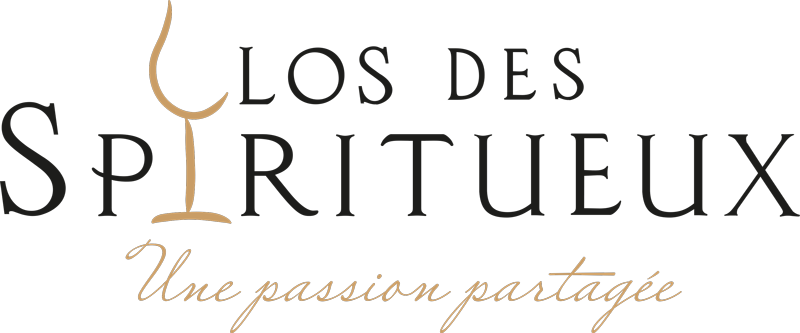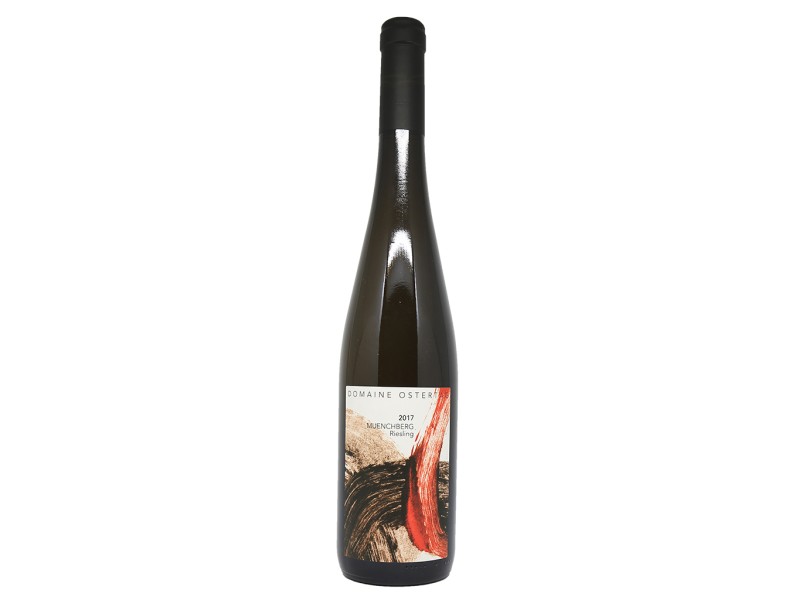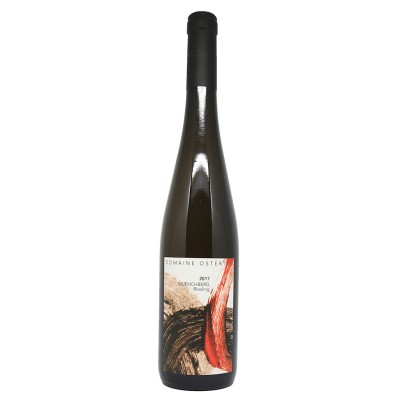Domaine OSTERTAG - Muenchberg Grand Cru - Riesling 2017
It was in 1980 that André Ostertag took the reins of the family estate, created in 1966 by his father. At the age of 21, he returned to his native land, and gradually made his mark on the management of the estate. The yields are lowered, trials on the breeding are undertaken by integrating the new barrel on the breeding of certain grape varieties. Free electron in the Alsatian landscape, André Ostertag upsets the required meadows and the established order. Its monumental cuvée “A360P” Pinot Gris Grand Cru Muenchberg is notably refused approval of the appellation. Spirit of a free spirit and deeply passionate about the vine, the soils and the terroir, he traces his path and continues to develop his profession towards a cultural and artistic dimension. The estate now has 14.4 ha spread over 5 villages in the Bas Rhin: Epfig (63%), Nothalten (30%), Itterswiller (2%), Ribeauvillé (4%) and Albé (1%). The estate is spread over "more than 80 small vineyard gardens linked together by the same spirit", as the estate likes to point out.
In the vineyard, the estate is managed in an approach that respects the plant, the life of the soil and the fauna. The entire estate has been biodynamic since 1998. Different animal or plant preparations such as 500 (cow dung buried in a cow's horn) or 501 (silica-based preparation) are therefore used to promote microbial activity. , deep root growth or photosynthesis. In order to increase their natural defenses, the vines are treated with herbal teas (nettle, fern, horsetail, comfrey). Soils maintained regularly on two thirds of the plot: plowing, ridging, scratching, stripping, mowing. No weedkillers, chemical fertilizers or insecticides are used. Green work such as suckering, disbudding, training, topping and trimming are entirely manual. André Ostertag shares his experiences and observations with his friend Dominique Lafon in Meursault, whose conviction that biodynamics brings a "finer, broader and ultimately more human approach to this wonderful profession of winegrower". According to André Ostertag, “biodynamics favors an artistic approach based on man to the detriment of an industrial approach based on the sole notion of economic profitability. It develops intuition and sensitivity, qualities that are essential for great wine ”. The grapes are harvested at maturity, by hand, after an initial sorting in the vineyard.
In the cellar, the vinifications are natural, respectful of the grapes and carried out in a non-interventionist approach. The pneumatic pressings are long and carried out gently for 8 to 12 hours. The lees, the nourishing mother of wine, are kept as long as possible. Each gesture here is measured, cared for and applied in a gentle and delicate way so as not to rush the wine. The choice of breeding is well thought out and adapted to the vintage, the terroir but above all the grape variety. The barrel is used for oxidative type grape varieties (Pinot Blanc, Gris and Noir) and the vat for reductive grape varieties. The wines are then delicately bottled. André Ostertag distinguishes 3 types of wines: fruit wines (expression of the grape variety), stone wines (expression of the terroir) and wines of time (expression of over-maturity and patience).
The Grand Cru Muenchberg is located at the foot of the Vosges, sheltered by the Ungersberg mountain, which protects it from bad weather. The soil is made up of an assemblage of pink sandstone from the Vosges and volcanic sediments, a unique marriage in Alsace. Its ideal altitude (between 250 and 300 meters) protects it from excessive heat, while preserving great complexity in the wines. André Ostertag poetically describes the universe of this cuvée: "Fascination of sandstone with fawn undulations with living skin and warm animal belly which drinks the light in full laps".









